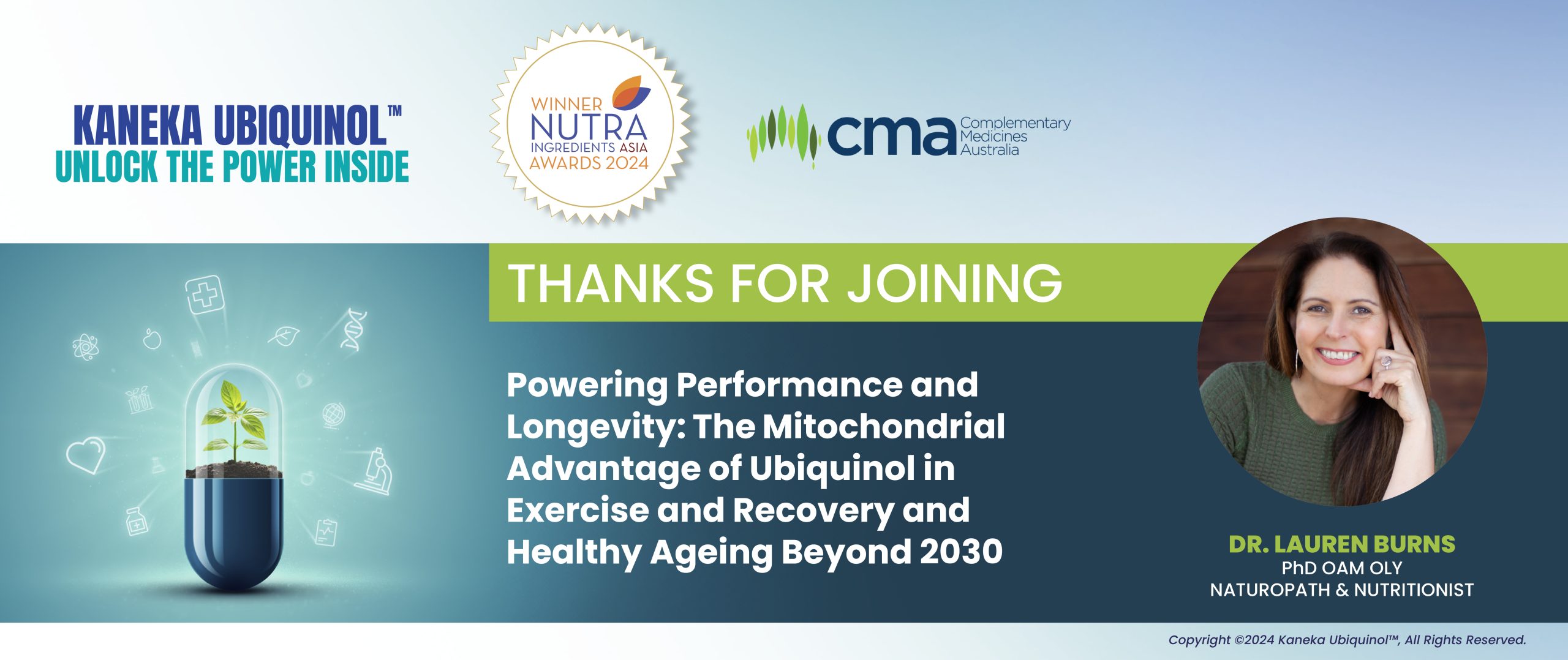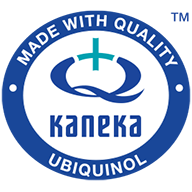World Heart Day: Spotlight on Ubiquinol
Sep 2019Recent Article
This Sunday, 29th September – We celebrate World Heart Day, so what better time to learn more about how we can support our heart health. There are several lifestyle initiatives (some of which you may already undertake) that may benefit your heart health, potentially more than you could’ve ever thought possible.

When does heart health become important?
It’s never too late to start thinking about how the decisions you make about your approach to your health can have consequences on your heart. Heart related issues later in life can stem from poor lifestyle choices earlier in life – well-known risk-taking behaviours to avoid include smoking, being inactive or living a sedentary life and unhealthy eating[i]. Additionally, understanding your family history, making lifestyle changes and having your blood pressure regularly checked are steps in the right direction to support your hearth health[ii].
How can we keep our hearts healthy?
Here are some everyday habits you can adopt to help support your heart health:
- Keep Active
The benefits of exercise for your heart are countless, from lowering blood pressure to improving blood flow and strengthening your heart muscles[iii].
- Eat Well
Eating lots of fruit and veggies, whole grains, fat-free or low-fat dairy products and seafood are some great options in ensure you are treating your heart well[iv].
- Stay Hydrated
Keeping hydrated makes it easier for the heart to pump blood around the body – not only this, but hydration helps the muscles receive the blood they need to work efficiently[v].
How Can Ubiquinol help?
Ubiquinol is a powerful antioxidant naturally produced within the body, that plays a vital role in the production of energy and also supporting against free radical damage.[vi].
Research has indicated that Ubiquinol may be effective in supporting heart health.
Ubiquinol may be of particular benefit to people experiencing increased oxidative stress as occurs with normal healthy advancing/increasing ageing. It has been shown to help support healthy energy synthesis and antioxidant activity, providing free radical defence.
In addition, it has been shown to be a highly efficient antioxidant with the ability to increase oxidative resistance, for inhibiting LDL (low density lipoproteins ie LDL cholesterol oxidation in the blood plasma.
Ubiquinol has superior absorption and higher bioavailability than its precursor, CoQ10, otherwise known as ubiquinone. It has been shown to be absorbed at a faster and more concentrated rate than ubiquinone, so that the plasma concentration of ubiquinol is higher and is reached much sooner than when taking ubiquinone.
Ubiquinol is available through leading Australian nutritional supplementation brands. Ask your healthcare practitioner if ubiquinol supplementation may be suitable for you.
Always read the label. Use only as directed. If symptoms persist consult your doctor or healthcare professional.
[i] https://www.betterhealth.vic.gov.au/health/conditionsandtreatments/heart-disease-risk-factors
[ii] https://www.heartfoundation.org.au/your-heart/know-your-risks/heart-health-check
[iii] https://www.hopkinsmedicine.org/health/wellness-and-prevention/7-heart-benefits-of-exercise
[iv] https://www.womenshealth.gov/healthy-eating/how-eat-health/heart-healthy-eating
[v] https://www.heart.org/en/healthy-living/fitness/fitness-basics/staying-hydrated-staying-healthy
You can share this by:
Keep up-to-date with Ubiquinol News
Ubiquinol Headlines

Retail Pharmacy: Healthy Ageing in the Spotlight
Apr 2025Category: Ageing, Antioxidants, APP, Conference, Conferences, Endurance, Health, Health Industry, healthy ageing, Immunity, In The News, Mitochondrial health, Nutrition, Online, Stress, Ubiquinol, Vitamins, wellnessRead More
Retail Pharmacy: The Impact of Loneliness on Heart Health
Apr 2025Category: cardiovascular health, dr ross walker, Heart, In The News, Mitochondrial health, Online, UbiquinolRead More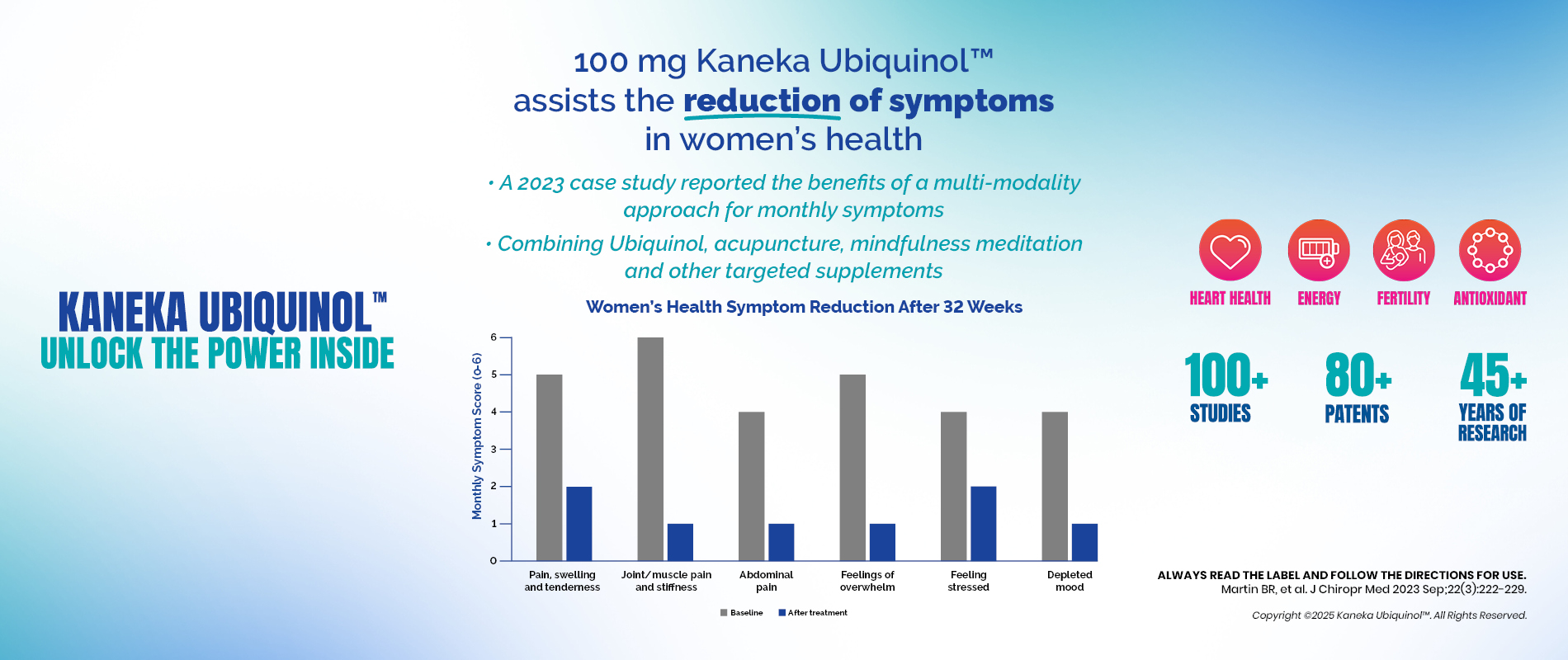
Ubiquinol for Women’s Health
Apr 2025Category: Ageing, Antioxidants, Fertility, Kaneka, Mitochondrial health, Ubiquinol, wellness, Women's HealthRead More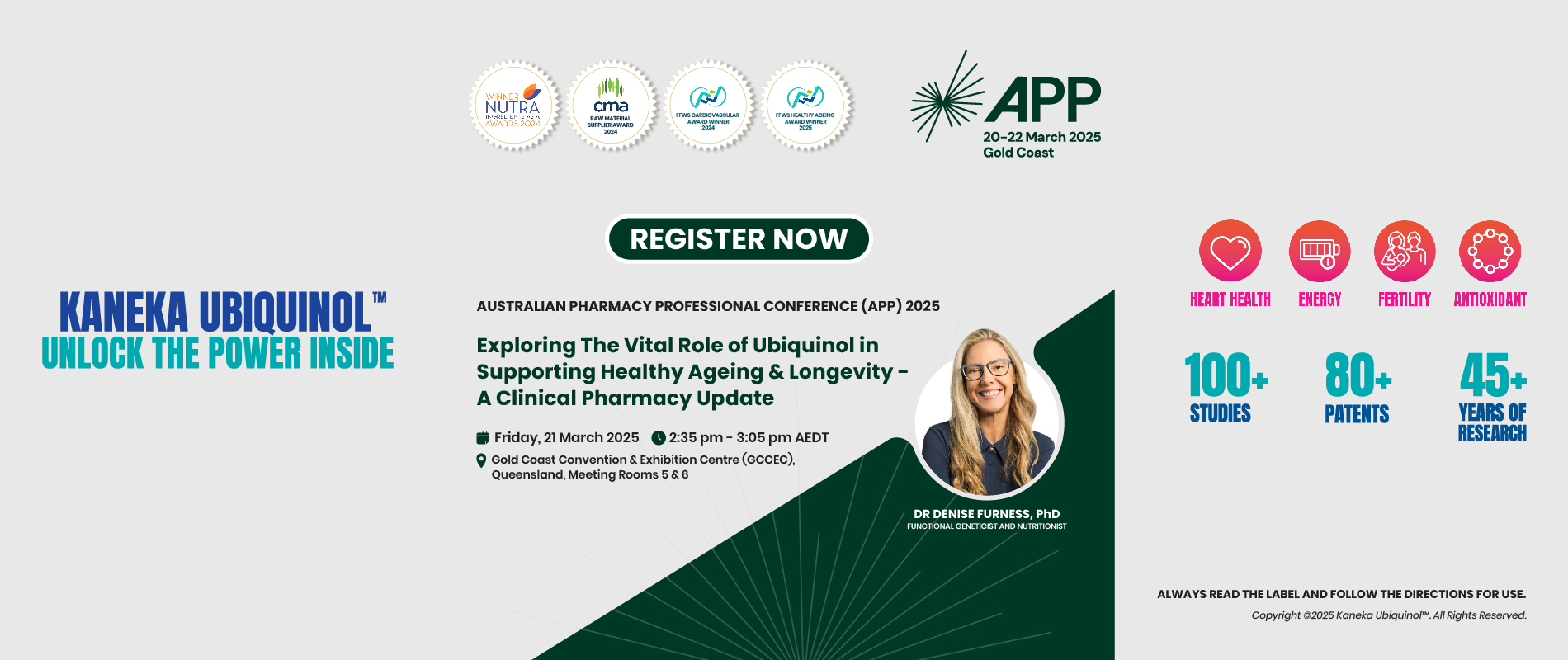
Kaneka Ubiquinol™ at APP 2025: Advancing Healthy Ageing & Longevity
Mar 2025Category: Ageing, Antioxidants, APP, Conference, Conferences, Energy, Fatigue, Health, Health Industry, healthy ageing, Kaneka, Mitochondrial health, Nutrition, UbiquinolRead More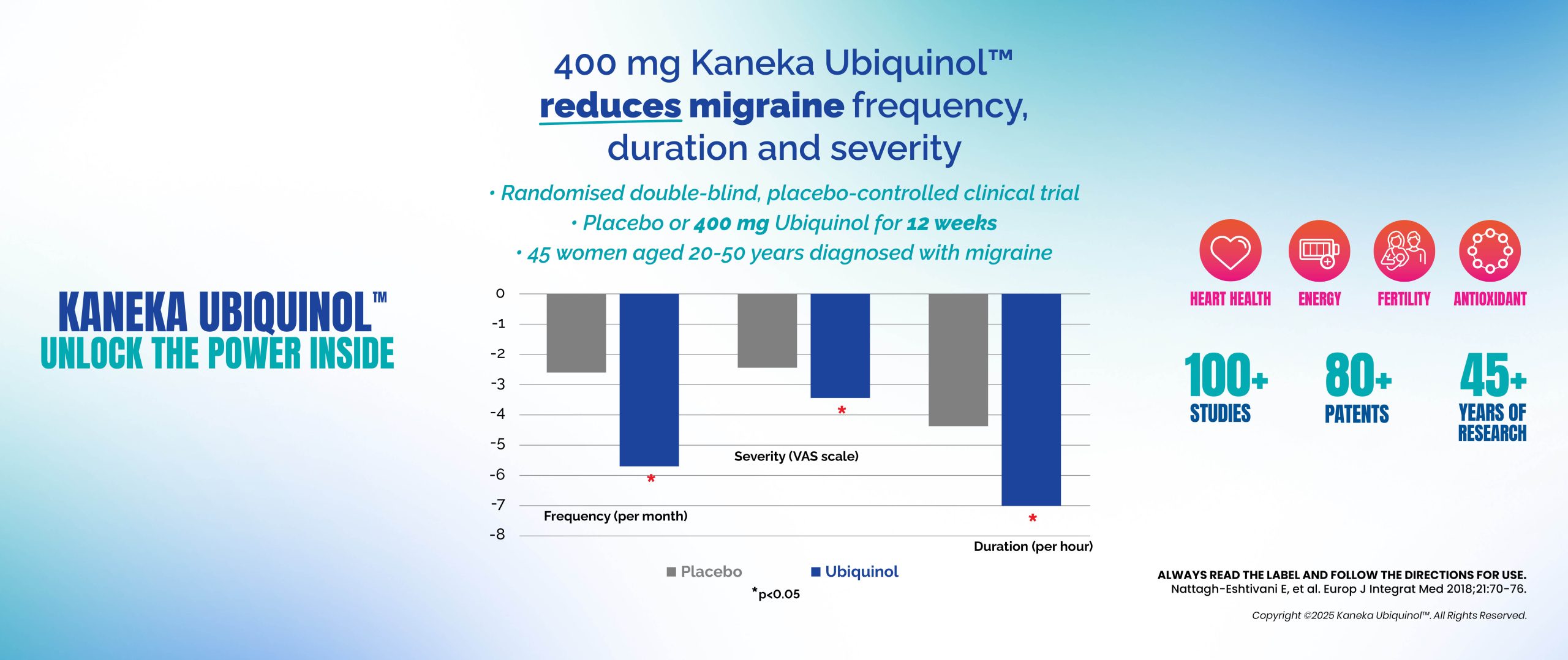
Ubiquinol: Supporting Migraine Relief Through Cellular Energy
Jan 2025Category: Antioxidants, complementary medicine, Energy, Fatigue, Health, Health Industry, healthy ageing, Kaneka, Mitochondrial health, Nutrition, Stress, Ubiquinol, Vitamins, wellnessRead More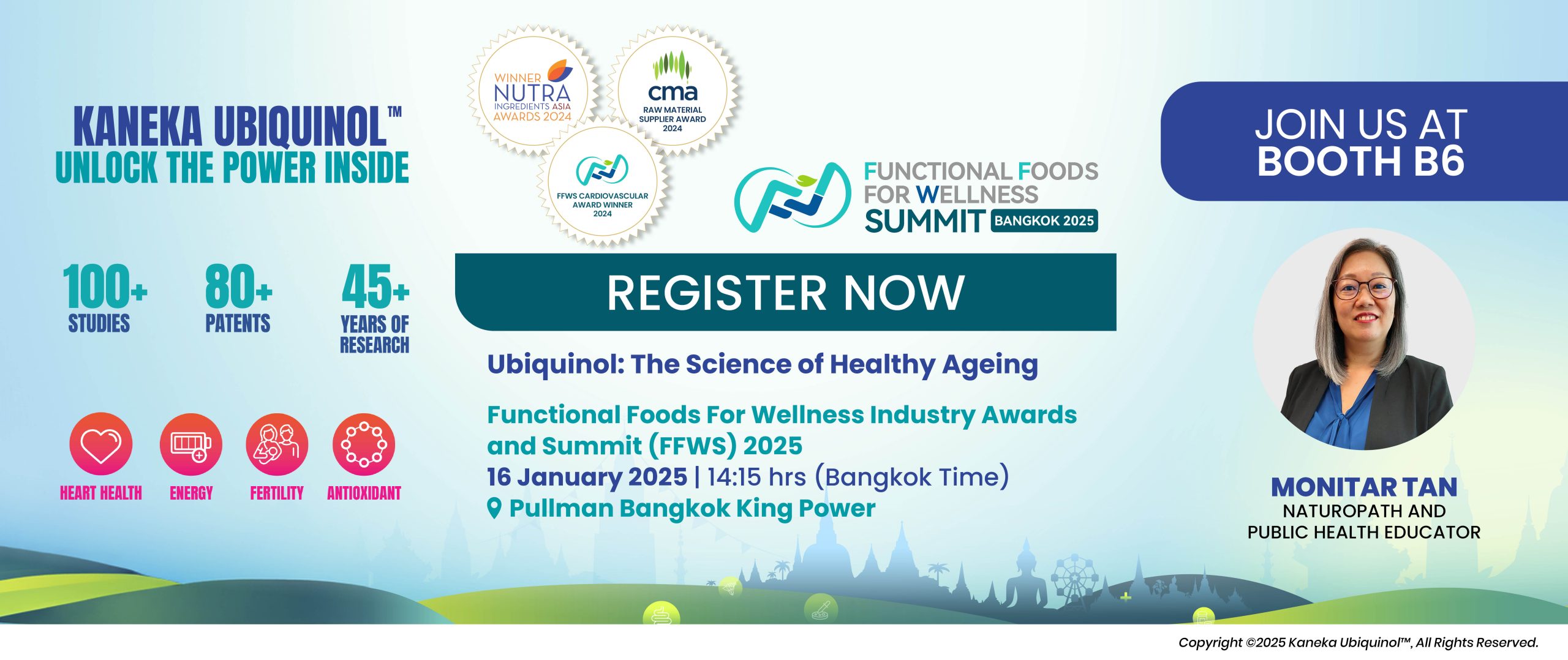
Kaneka Ubiquinol™ at Functional Foods for Wellness Industry Awards and Summit, #FFWS2025
Jan 2025Category: Ageing, Antioxidants, Awards, cardiovascular health, Conference, Conferences, Energy, Fatigue, FFWS2025, Health, Health Industry, healthy ageing, Kaneka, Menopause, Mitochondrial health, Nutrition, Ubiquinol, VitaminsRead More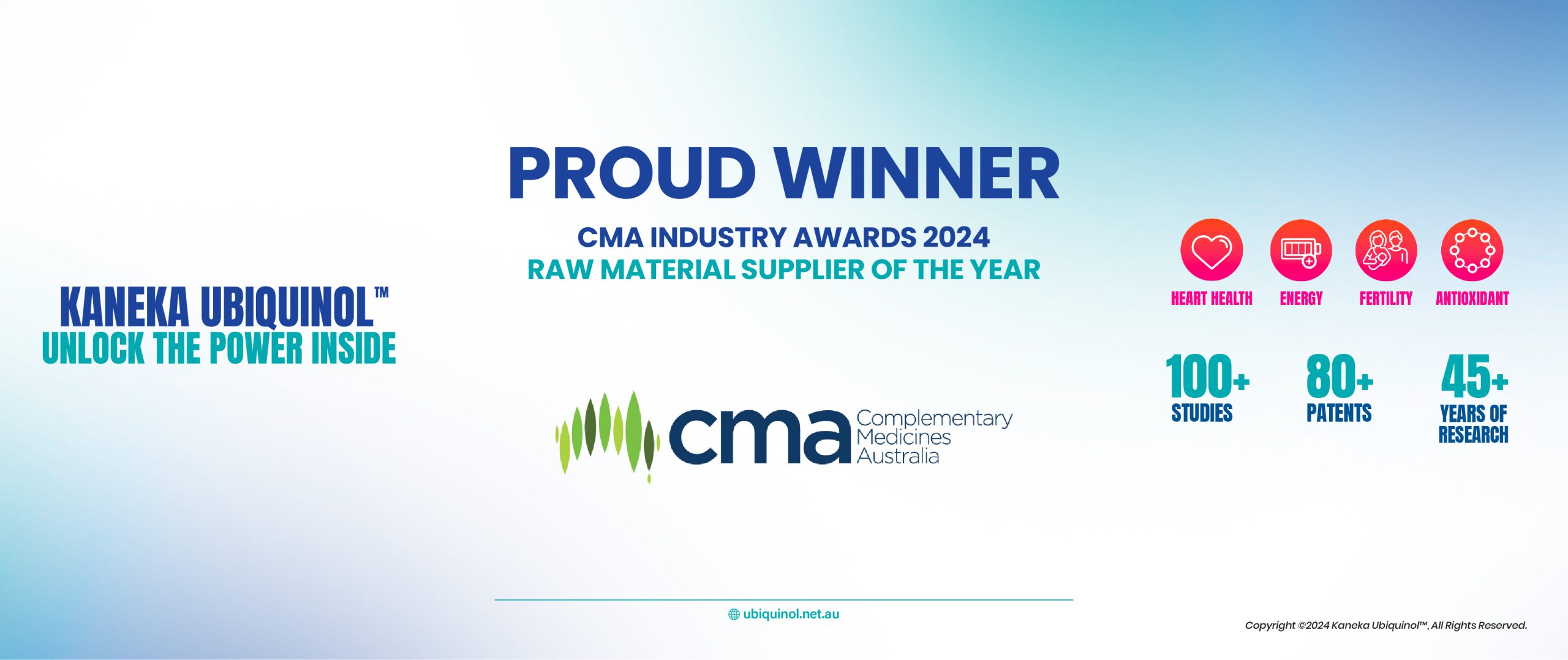
Kaneka Ubiquinol Wins Prestigious Complementary Medicines Raw Material Supplier of the Year Award 2024
Dec 2024Category: Ageing, Awards, cardiovascular health, complementary medicine, Conference, Conferences, Endurance, Energy, Fatigue, Fertility, Fitness, Health, Health Industry, healthy ageing, Heart, Immunity, In The News, Kaneka, Lungs, Memory, Mitochondrial health, Nutrition, Online, Stress, Ubiquinol, Vitamins, wellnessRead More